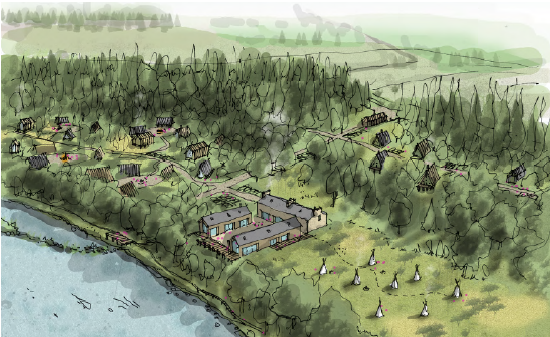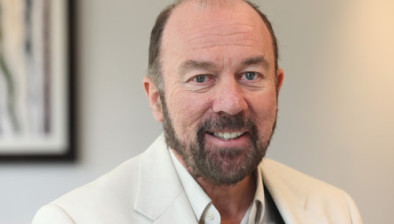Gloag Investments’ Highland tourism development given green light
Savills’ Planning team in Scotland has obtained planning permission in principle from Highland Councillors for Gloag Investments’ high-quality woodland holiday accommodation at Beaufort Castle Estate near Kiltarlity near Oban.

Submitted on behalf of Gloag Investments, plans include accommodation for glamping and up to 50 holiday accommodation units on land above the River Beauly. Plans for the development also comprise a small cluster of buildings arranged around a courtyard that will house a cafe, retail and wash house.
Savills planner Angus Dodds said: “We are delighted to have finally achieved planning in principle approval for this exciting Highland tourism project. It will ultimately enable a welcome expansion of visitor choice in the local area, creating local jobs and helping to encourage tourists to venture beyond Inverness.”
In a report to the south planning applications committee on Tuesday last week, council officials noted that the research undertaken as part of the application showed that, “there is a healthy demand for self-catering properties in the Highlands and scope to develop new facilities in the Inverness/Beauly area, particularly at the higher quality end of the market”.
In its conclusions the report noted that the application represented an opportunity to create “a high quality tourist development in a special setting”.
Architects 3DReid say the site aims to incorporate the qualities set out in the Scottish Government’s designing places policy, with distinctive, adaptable, safe and resource-efficient architecture. Using creative, contemporary timber structures, the design “would respond directly to the colour, shadow and sculptural forms created by the living woodland” and recognises the presence of local wildlife including badgers and otters. It will use a cleared area of woodland in the centre of the site as much as possible, retaining existing stands of trees and preserving wildlife corridors.”
Mr Dodds concluded: “The proposals were informed by public consultation with the community in Kiltarlity to ensure the project takes account of the site’s sensitivities and the ideas of local people. The next stage will be working up more detail for the scheme, and showing how it can be sensitively accommodated within its wider woodland setting, in line with creative and insightful contributions from the professional team.”








